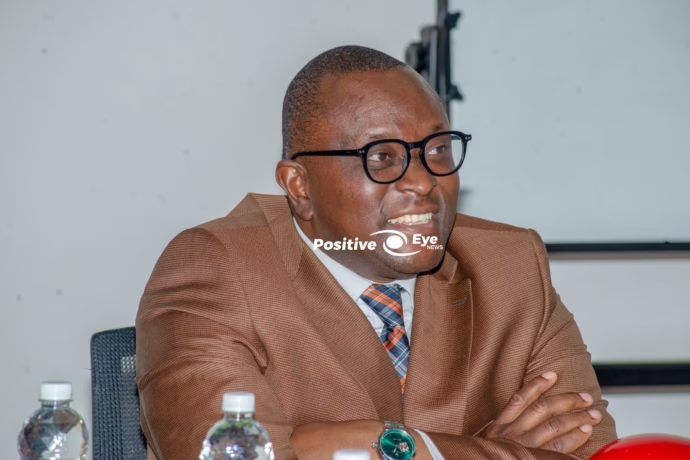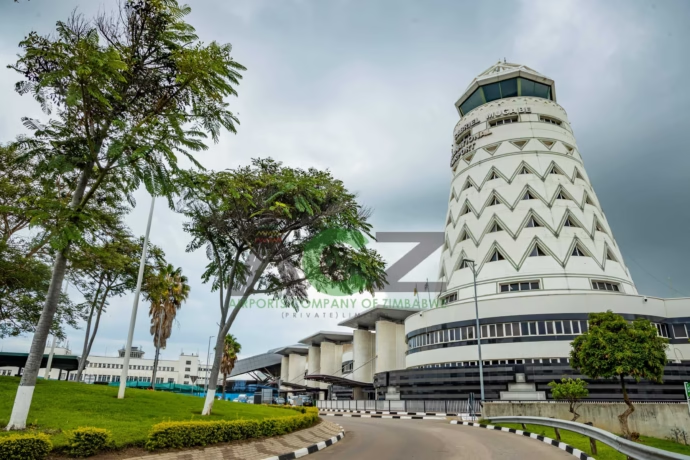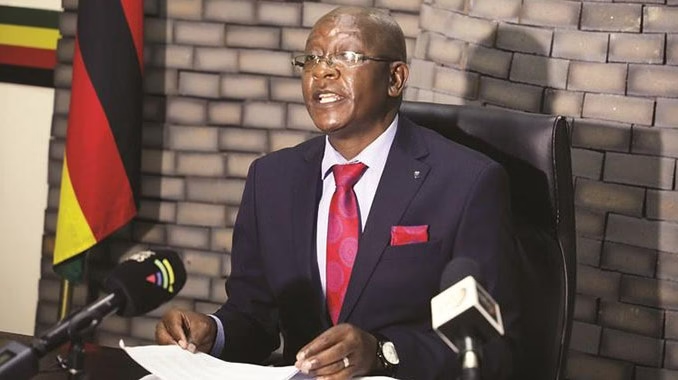
Former Zambian President Edgar Chagwa Lungu has been announced as the presidential candidate for TONSE, a coalition of over eight opposition parties aiming to challenge incumbent President Hakainde Hichilema in the 2026 elections.
This nomination, long speculated and anticipated, is seen as a significant challenge to Hichilema, who has faced growing criticism for not fulfilling the promises he made to Zambians. Many voters now view Lungu as a grounded and experienced statesman whose ideology aligns with the struggles of ordinary Zambians, making him a strong candidate to potentially drive the country towards economic growth and stability.
Lungu’s anticipated return draws comparisons to leaders like Brazil’s Luiz Inácio Lula da Silva and the U.S.’s Donald Trump, both of whom returned to the political scene after losing power. These leaders, still popular among their populations, re-emerged due to their successors’ perceived failures to meet the people’s expectations. Similarly, Lungu’s comeback is resonating with Zambians who feel let down by Hichilema’s leadership, opening a path for Lungu to re-enter Zambian politics.
Hichilema’s attempts to limit Lungu’s influence by imposing restrictions on his movements and revoking some of his benefits only served to rally Lungu’s supporters. While Hichilema may have hoped to push Lungu out of the political arena, this perceived persecution may have strengthened Lungu’s resolve and his base, paving the way for his return to continue the policies he began during his presidency, many of which supporters feel were stalled under Hichilema’s administration.
Lungu’s comeback also shifts the political landscape in Southern Africa, challenging narratives that former liberation parties and pan-Africanist leaders were on the decline. His return has unsettled recent celebrations by opposition factions in the region, such as Zimbabwe’s CCC, following Duma Boko’s election in Botswana. With a history rooted in pan-Africanism, Lungu’s re-emergence may signal a renewed commitment to anti-imperialist policies and reinforce the influence of traditional liberation movements in the region’s political future.




